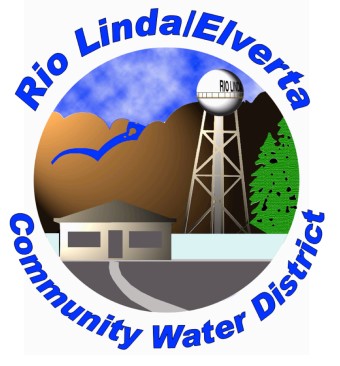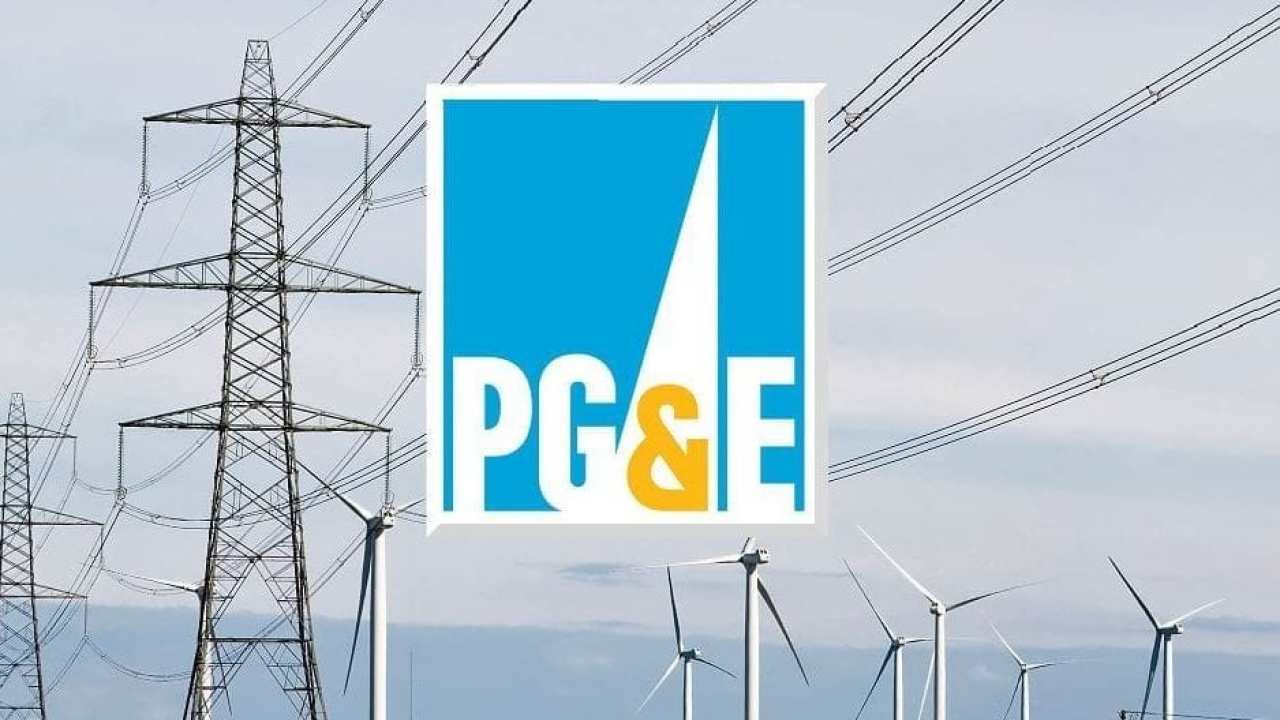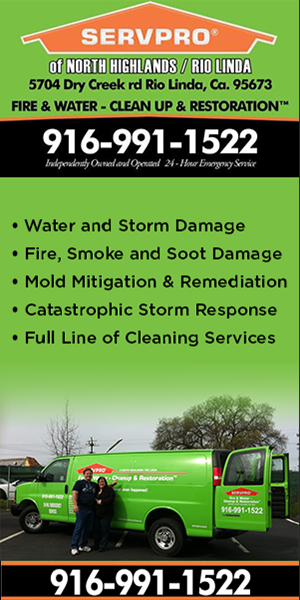
Residents of the Rio Linda Elverta Community Water District (RLECWD) may have recently received an important letter titled “IMPORTANT INFORMATION ABOUT YOUR DRINKING WATER SERVICE LINES.” This communication is part of the District’s efforts to inform residents about potential risks related to lead exposure in drinking water.
What You Need to Know:
- Water Safety: The District’s water supply continues to meet federal and state lead safety standards. After more than 30 years of testing the RLECWD water for lead, there is zero indication that Lead is an issue within the District’s service area.
- Service Line Material: The service line, which is the pipe connecting your home to the water main, is considered private property. The District has identified some service lines as being made of “unknown materials,” which could pose a risk of lead exposure if they contain lead-based components.
- Potential Risk: Lead may be present in certain types of service lines, such as older lead pipes or galvanized pipes, and could leach into drinking water.
Taking Action:
- Identify Your Service Line: You can use resources like the EPA’s guide, Protect Your Tap: A Quick Check for Lead, or the LSLR Collaborative’s tool to determine the material of your service line.
- Test Your Water: If your home was built before 1986, or if you’re concerned about lead, consider testing your water for lead.
- Contact the District: If you believe your service line is incorrectly categorized, or if you plan to alter or replace your line, contact the District at 916-991-1000 or email questions@rlecwd.com.
District’s Next Steps:
The District will begin conducting field inspections by December 31, 2027, for homes built before 1986 to identify the material of service lines on the customer side of the meter (typically outside your property line). Note that the District cannot access private property without permission.
Lead and Health:
Lead exposure in drinking water can be harmful, particularly to young children and pregnant women. For more information on testing and treatment options, visit the State Water Board website, which offers resources such as:
- The Environmental Laboratory Accreditation Program
- A list of Residential Treatment Devices
If you have concerns about lead exposure, it’s important to consult with your healthcare provider.
Share This Information:
Please share this important information with anyone who drinks water from the District, including residents of apartments, schools, businesses, and nursing homes.
For more details, visit the District’s website or reach out to their office directly.















